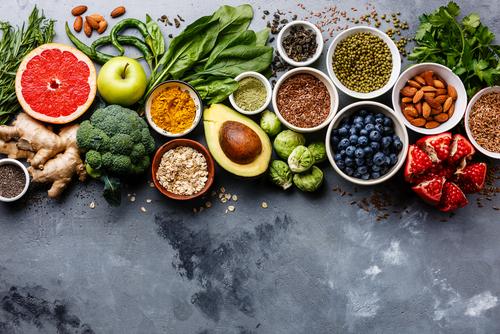Losing weight is the second most common New Year’s resolution people make, after “saving money,” but sticking to a healthy regimen can be hard for many. Studies show that following a healthy diet and regular exercise regimen can reduce your risk for major illnesses, such as diabetes, heart disease, high blood pressure, and many cancers, and how you eat can also help manage symptoms from chronic conditions, like autoimmune illnesses. This should provide plenty of incentive, but sometimes it takes a health setback to put you back on track permanently.
The best investment in your health starts with what you eat and how you care for your body. Three professional chefs who each faced a life-altering illness share how they changed their relationship with food and ate their way back to better health. Each has offered tips to help you get started.





